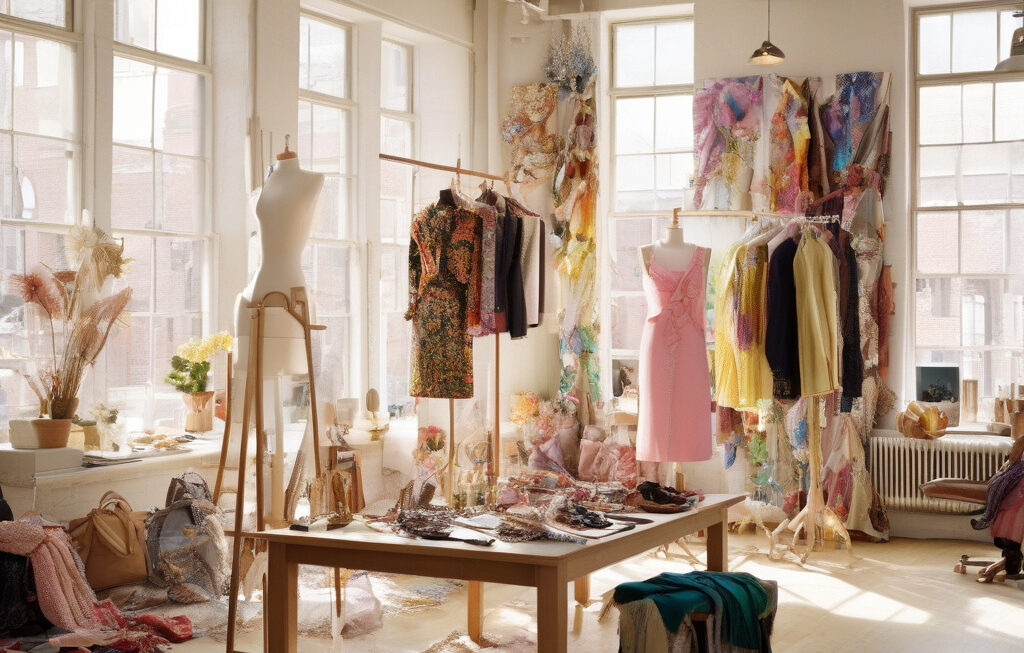The Frayed Edge: Fashion Needs a New Sustainability Playbook
Efforts to establish a cleaner, kinder fashion sector are struggling, but it’s not clear what the answers are. The fashion industry, known for its fast-paced trends and ever-changing designs, is facing a critical juncture. The demand for sustainable and ethical practices is on the rise, but many brands are still struggling to find the right balance between profitability and responsibility.
One of the key challenges in the fashion industry is the overproduction of clothing. Fast fashion brands churn out new collections at an alarming rate, leading to excessive waste and environmental damage. According to a report by the Ellen MacArthur Foundation, the equivalent of one garbage truck full of textiles is landfilled or burned every second. This overproduction not only contributes to environmental degradation but also perpetuates unfair labor practices in many developing countries.
To address these issues, many fashion brands have started to incorporate sustainable practices into their business models. From using organic and recycled materials to implementing fair labor standards, these brands are taking steps in the right direction. For example, Eileen Fisher, a women’s clothing brand, has committed to using 100% organic cotton and linen in its collections by 2020. Another brand, Reformation, focuses on eco-friendly materials and sustainable manufacturing processes to reduce its environmental impact.
In addition to sustainable sourcing and production, some brands are also exploring innovative technologies to make their supply chains more transparent. Blockchain, for instance, is being used to track the origins of raw materials and ensure that they are sourced ethically. By providing consumers with access to this information, brands can build trust and loyalty among their customer base.
However, despite these efforts, the fashion industry still has a long way to go in terms of sustainability. One of the biggest challenges is changing consumer behavior. Many shoppers are still drawn to fast fashion brands that offer trendy designs at low prices, without considering the environmental and social costs. To truly make a difference, consumers need to be educated about the impact of their purchasing decisions and encouraged to support brands that prioritize sustainability.
Moreover, government regulations and industry standards play a crucial role in shaping the future of fashion sustainability. By enforcing policies that promote ethical practices and hold brands accountable for their actions, governments can create a level playing field for all companies. Industry initiatives, such as the Sustainable Apparel Coalition and the Fashion Revolution movement, are also working towards creating a more sustainable and transparent fashion industry.
In conclusion, the fashion industry is at a crossroads, where the need for sustainability has never been greater. Brands that fail to adapt to this changing landscape risk being left behind, both in terms of profitability and reputation. By reimagining their business models, investing in sustainable practices, and educating consumers, fashion brands can pave the way for a more ethical and responsible industry. It’s time for fashion to embrace sustainability as the new standard, not just a passing trend.
sustainability, fashion industry, ethical practices, sustainable sourcing, consumer behavior












